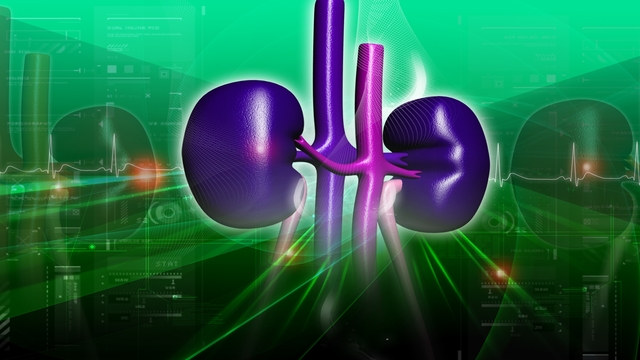What if before it reocurs, I would undergo IVF treatment would that prevent it happening?
What are the thyroid tests one should do to see whether the estrogen dominance is due to thyroid issues?
Are there not ways to correcting the thyroid issues instead of taking hormones to control uterine polyps?
I am 48 and have suffered infertility. I had no period for 3 months (never skipped a cycle before) and then suddenly began bleeding. An US showed a polyps. I am hoping they don't find anything else during the hysteroscopy. I do not want to do any ablation because I want to have children and have finally decided I will go for IVF although thus far I did not want to undergo this procedure.
All user-generated information on this site is the opinion of its author only and is not a substitute for medical advice or treatment for any medical conditions. Members and guests are responsible for their own posts and the potential consequences of those posts detailed in our Terms of Service.




Add a Comment1 Comments
I am a little confused by what you have been diagnosed with, versus, what you are concerned may have a possibility of happening in the future.
To answer your questions:
1. Uterine polyps don't actually return after a D&C, but you are more likely to "grow" additional polyps once you have had polyps. A technicality in terms, but basically the answer is yes: after treatment, you can have polyps again. However, women are able to successfully become pregnant, if this is your primary concern. According to the Mayo Clinic, "In one study, infertile women who underwent surgical polyp removal (hysteroscopic polypectomy) had much higher pregnancy rates — 63 percent versus 28 percent — after intrauterine insemination (IUI) than did women with uterine polyps who underwent IUI alone.". There are studies that show pregnancy rates are higher in women who have undergone a hysteroscopic polypectomy or myomectomy (compared to women with infertility conditions and no treatment): http://www.ncbi.nlm.nih.gov/pubmed/10432121.
2. Has the cause of your polyps been determined? I am unsure if there is an exact "name" to the test you are inquiring about; your doctor can just order a lab test to check hormone levels, including estrogen and TSH (among others).
3. There are several treatment options for polyps, depending on their size, location, quantity and other factors. These treatments range from "watchful waiting" to medications and surgical removal.
Does this answer all of your questions? I am sorry you are going through this---when is your appointment scheduled?
February 6, 2011 - 8:10pmThis Comment